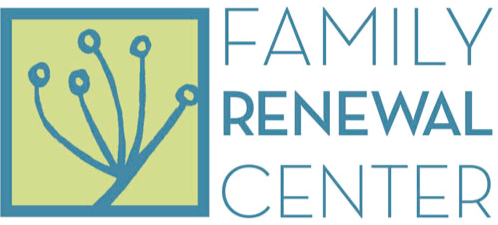Since January 20, 2020 the United States has become highly aware of the COVID-19 virus. During the following 10 weeks, our country has gone from having the best economy ever to an unemployment rate of 3 million +. We have also become a nation who is collectively focusing on how many people are sick, how many have died, and to a lesser extent- how many have recovered.
As you read the previous paragraph, what did you experience? Are you finding yourself drawn into the fear of the unknown or are you settling yourself down so you can continue this article? The difference between the two options is what your brain is focusing on. I think this is a great time to bring neuroscience into the discussion.
For years we were told that humans can easily multitask. Yet, in recent studies, this assumption has been proven to not be totally correct. The brain can only do one thing at a time. However, the brain is really, really good at quickly switching from task to task. For this to happen, the brain needs to slow the task completion process down. This results in each process taking longer than if a person had just focused on one task. So, what does the brain’s switching ability have to do with fear?
It holds to reason that if the brain can only do one thing at at time, it can be afraid or creative, anxious or happy, angry or curious. But the brain can never have two emotions occurring simultaneously.
Back to the lock-down discussion. As more people in a greater number of states are contracting the virus, the originally planned national 15 day lock-down will probably be extended. The thought that the lock-down will be continuing can easily bring up another wave of fear, anxiety, and frustration (pick your word) about the situation.
How will you experience the continued lock-down?
As I have worked my clients these past weeks, I have notice some negative trends in their thinking.
- When they focus on the unknown such as how long this may last, they become more afraid of the situation.
- When they think they need to do lock-down ‘right’ they become overwhelmed with what they can’t accomplish.
- When they are angry about the situation and mentally isolate from others, they become rigid in their thinking and lose hope.
However, the clients who focus on creativity, being happy, or curiosity have a different outlook.
- When they are creative, they develop interesting ideas on how to manage the open endeness of the situation.
- When they are happy about being in a safe environment, they lose the compulsion to make sure they spend their time perfectly.
- Finally, when they become curious about how other people are managing, they reach out to old friends, neighbors, or family members they haven’t talk to in a while. Building great relationships doesn’t have to be done sitting at the same kitchen table.
If this current situation has taught me only one thing, it is:
The brain can only do one thing at a time, but people must choose what their brain is doing.
- If you become afraid- chose a simple task to investigate with creativity. Maybe that means painting that old bookshelf a new color.
- If you become anxious- find a moment to be happy. It can be as simple as planting a spring flower outside your window so you can remember the beauty of nature.
- If you become angry- chose an item to become curious about. Maybe you can listen to your spouse working and discover a new aspect of the person you’ve never identified before.
While the length of this situation is uncertain, you don’t have to be hijacked by the fear it can create.
Recognize when your thinking is drifting into those dark places and chose to alter your brain.

